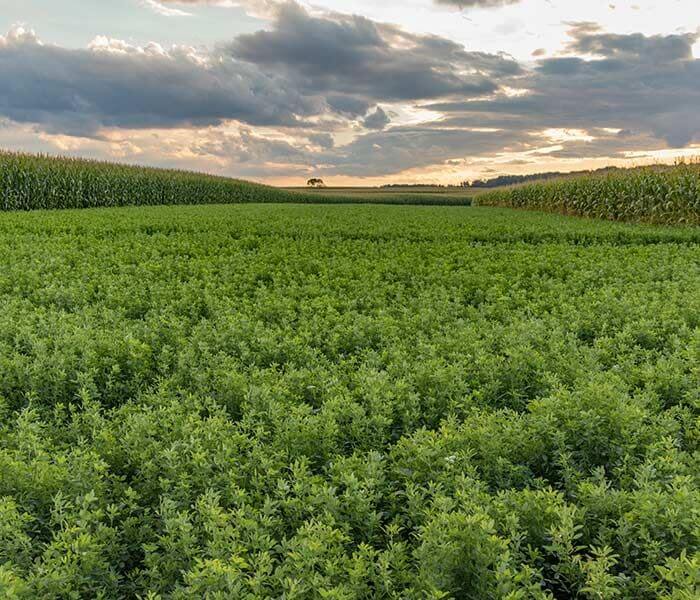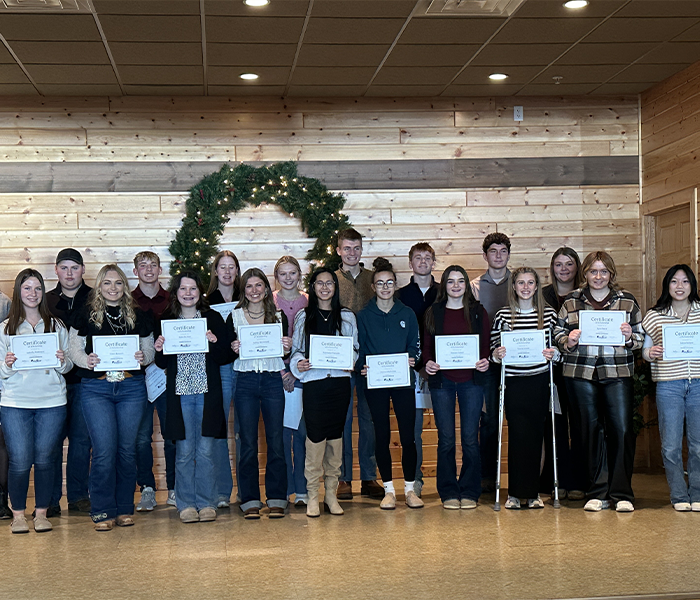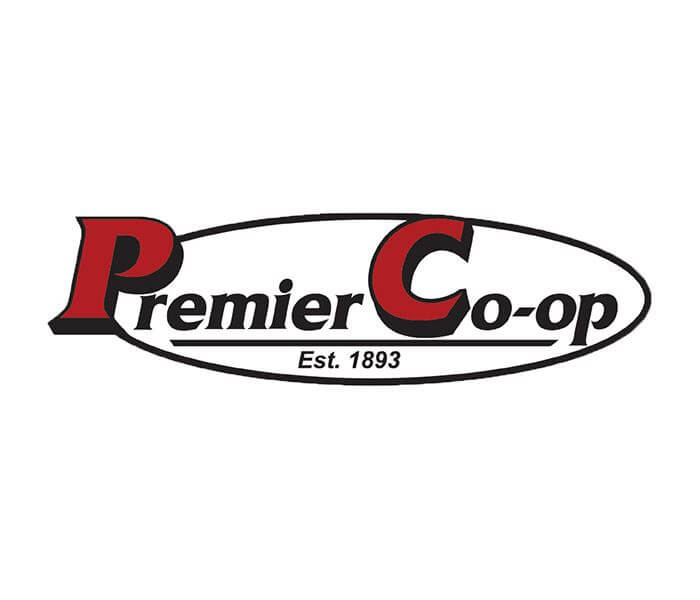Don't Count Out Summer-Seeding Your Alfalfa
If spring weather got in the way of planting your alfalfa, you're not out of luck yet. Summer seeding is still a solid option and it comes with some real advantages when done right.
Timing is everything.
The key is getting seed in the ground 6-8 weekks ahead of your area's average first frost. For growers in the Upper Midwest, that means you should be aiming for July 30 through Auguat 15. Farther south? You've got a little more wiggle room; into late August or even early September depending on the location.
Why consider summer seeding?
-
Better workload balance. Summer alfalfa fits well between cereal crops and manure applications.
-
Less soil disease pressure. Warm, drier soils are typically better for germination and establishment.
-
Stronger first-year yields. Fall-seeded alfalfa hits the ground running in year one.
-
Lower insect pressure. By late summer, pests like potato leafhoppers start to decline.
Get it off to strong start:
-
Check soil pH (ideal is 6.8-7.2) and make sure fertility is where it needs to be.
-
Seed depth matters. Go 1/2 to 3/4 inch deep using a grain drill.
-
Use treated seed to boost early root development.
-
Control weeds. Summer weeds rob moisture fast, and seedlings can't afford the competition.
-
Watch for herbicide carryover from earlier crops. Some products hang around for months.
The biggest thing: don't wait too long. Alfalfa needs time to build roots and transition to a perennial before cold sets in. A little planning now could set you up for a stronger stand and fewer headaches next spring.
Want help figuring out if it's the right move for your acres? Reach out to your Premier Agronomist; they are happy to talk through your plan.
*This article was provided to us by Winfield United*



